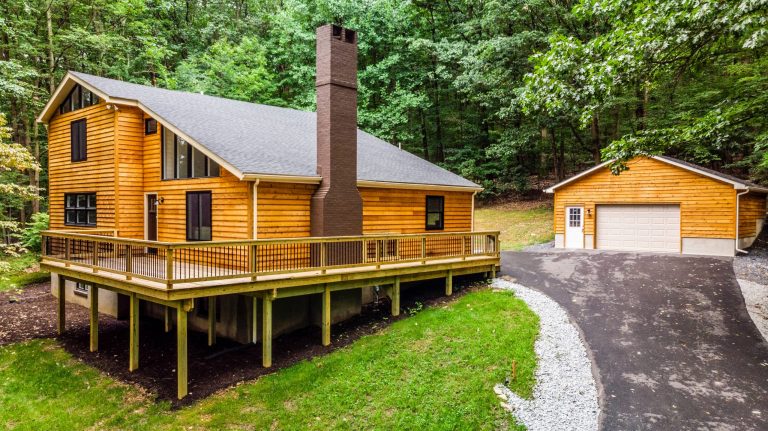Call us now:
Crucial Question: When Can I File Another Bankruptcy?
It's a matter of timing. And that timing depends on whether you previously filed under Chapter 7 or 13, and what you are filing under now.
It's a matter of timing. And that timing depends on whether you previously filed under Chapter 7 or 13, and what you are filing under now.
Chapter 13 enables you to possibly sell your home if and when you're ready to do so.
Chapter 13 stops both mortgage and property tax foreclosures. Then you have up to 5 years to catch up on the property taxes.
Use bankruptcy as tool to take the best advantage of the pandemic mortgage foreclosure moratorium. Get stability in an unstable environment.
Mortgage delinquencies skyrocketed in April. One big reason: the pandemic mortgage forbearance through the CARES Act.
Resolve disputes with your lender in Chapter 13 about 1) additional fees and charges, and 2) whether you've cured the mortgage arrearage.

Chapter 13 gives you valuable power to force your mortgage lender to be up front about how much you owe, and to efficiently dispute the amount.

Chapter 13 gives you much more power over your mortgage and other home-related debts so that you can sell your home when it's best for you.
Chapter 7 can help buy time to deal with some creditors or negotiate with others, which may help you keep your home.
Bankruptcy gives you protection from your HOA. Chapter 7 may be enough, but Chapter 13 buys much more time.
Bankruptcy can prevent future judgment liens. It usually stops a lawsuit from turning into a judgment, and then a judgment lien on your home.
Bankruptcy can, in the right circumstances, remove a judgment lien from the title to your home. Here are the conditions for pulling this off.
In determining your ability to strip off a junior mortgage, you must look at the superior liens, the amounts owing on those debts, and the value of your house.
Chapter 7 provides no mechanism to cure your mortgage. But Chapter 13 does provide a powerful, realistic, and practical way to do so.
Bankruptcy frees up cash flow so you can afford your mortgage payments. Chapter 7 does so by writing off other debts. Chapter 13 does so more creatively.